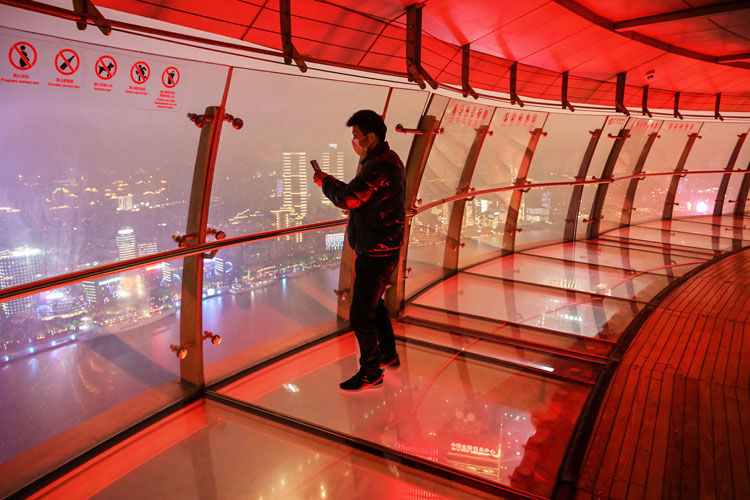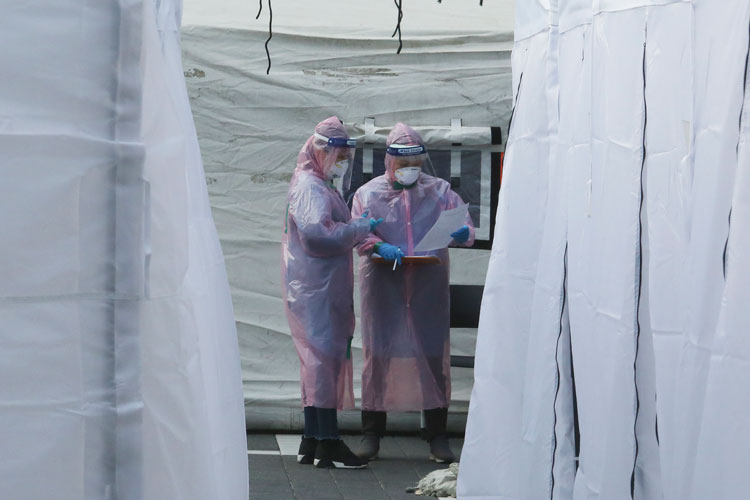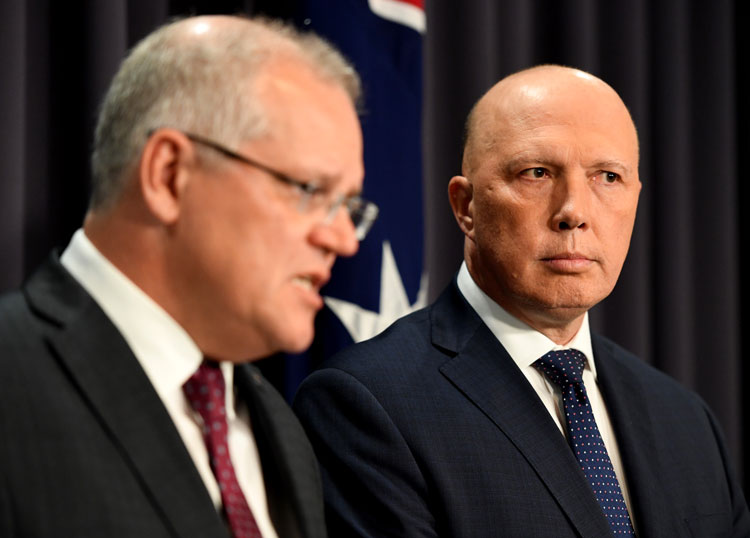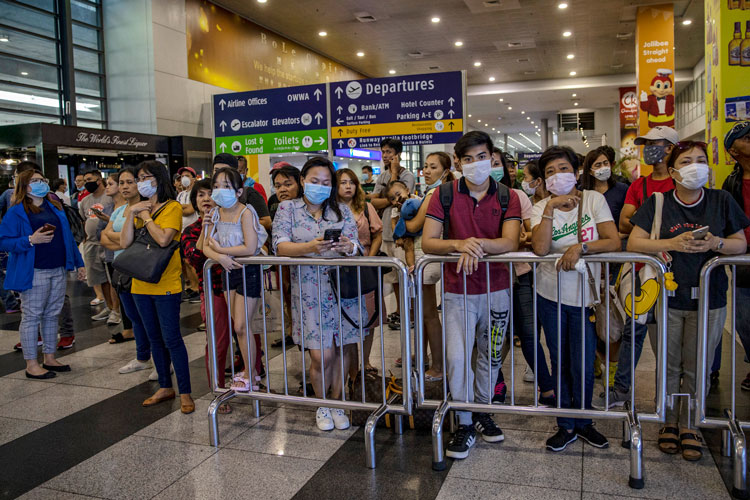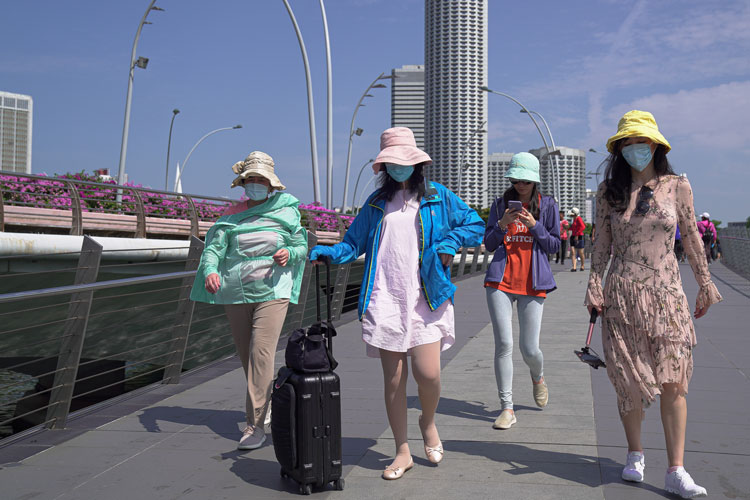
As the coronavirus began spreading around the world this year, one common refrain from skeptics was that it was just like the flu -- dangerous to sensitive groups but routine and not something to get into lockdown over.
We now know that assessment is wrong. At its lowest estimated fatality rate based on current data, Covid-19 is thought to kill some 1-2% of known patients, compared to around 0.1% for winter influenza, and it appears to be about as infectious as the flu, if not more so.
There is one area in which experts hope the virus will still behave like influenza, however, by tapering off in spring.
Warm weather slows the flu: Influenza thrives in cold and dry conditions, and behavioral differences in winter can also have an effect.
Nelson Michael, a leading US military medical researcher, predicted the coronavirus may behave like the flu and give us "less trouble as the weather warms up," but, he cautioned, it could come back when the weather gets cold again.
But warm countries around the world still have outbreaks. More than 100 cases have been confirmed in Singapore, where it's hot and muggy pretty much year round. Australia, Brazil and Argentina, all currently in the middle of summer, have also reported dozens of cases. And some of the worst hit areas around the world -- from Wuhan, where the virus was first detected, to Iran, Italy and South Korea -- are on more or less the same latitude, with similar temperatures and relative humidity
A variety of other factors also affect how this pandemic will play out, making influenza an inexact comparison -- for instance, the infectiousness of the virus and behaviors to reduce its spread.
"We are not dealing with a virus like influenza that behaves predictably every year," said Debra Chew, an assistant professor of medicine at Rutgers.New Jersey Medical School.
Read the full analysis here.
